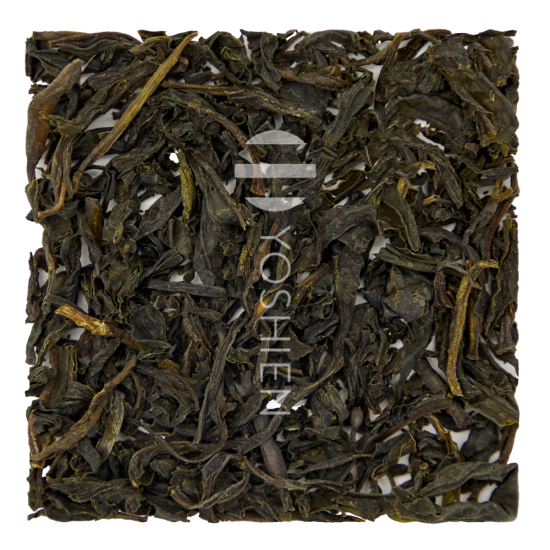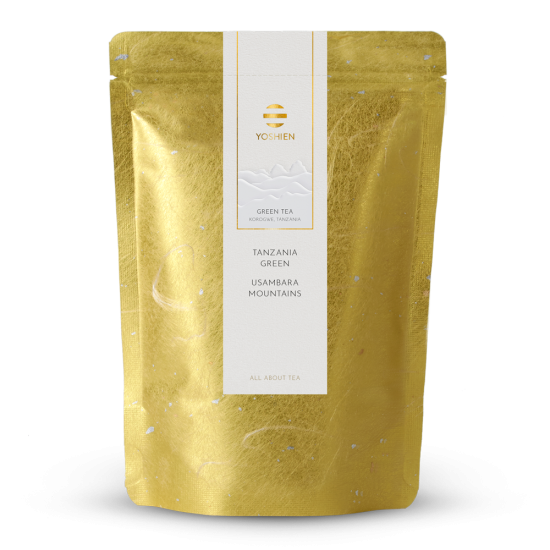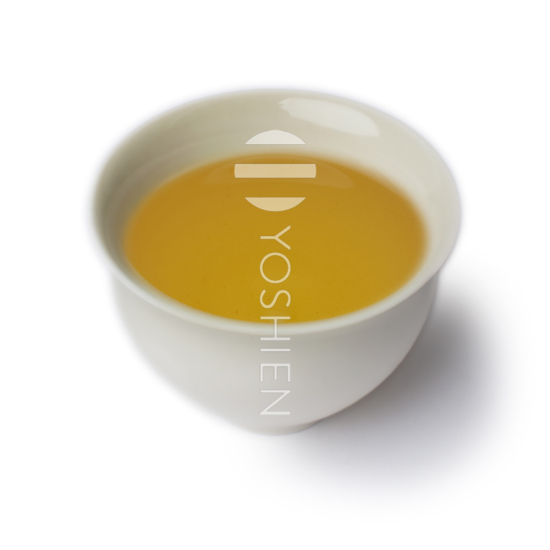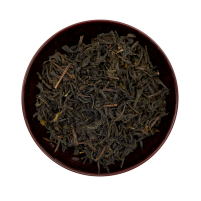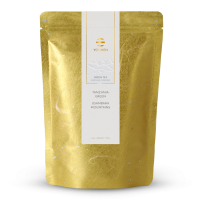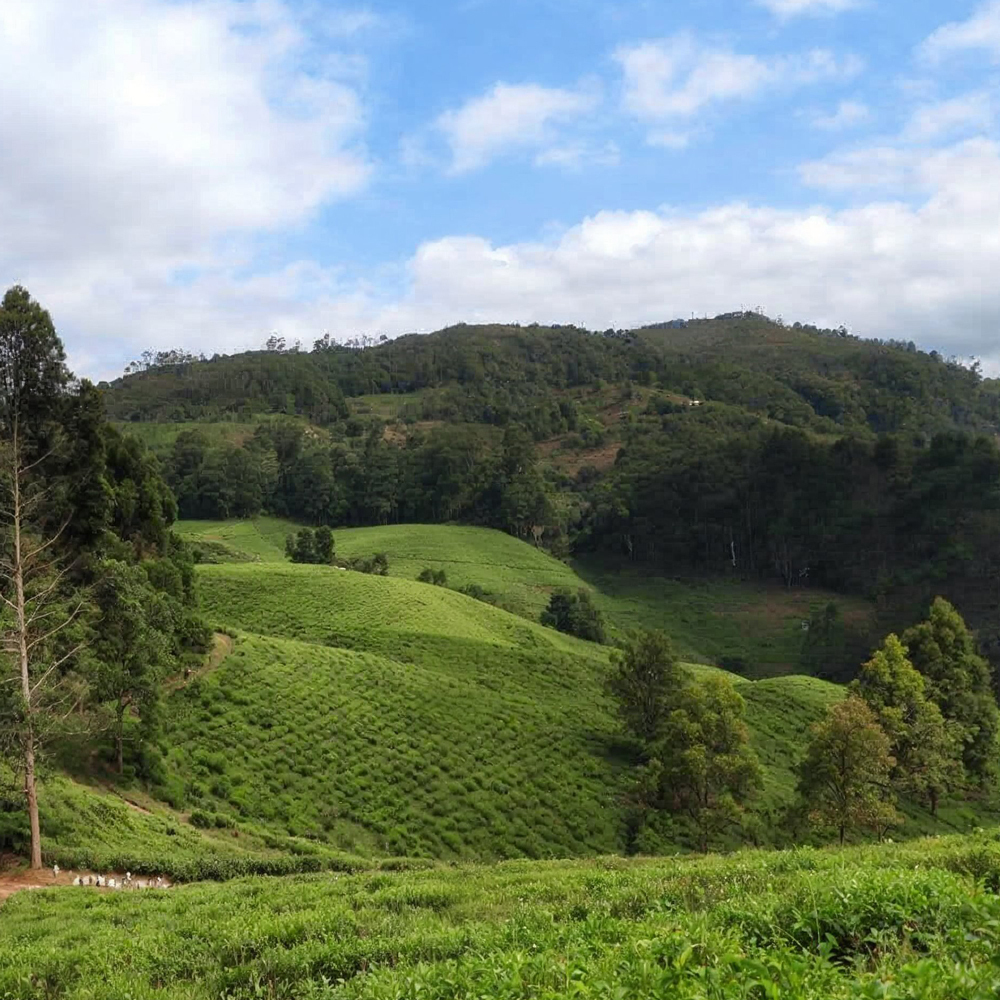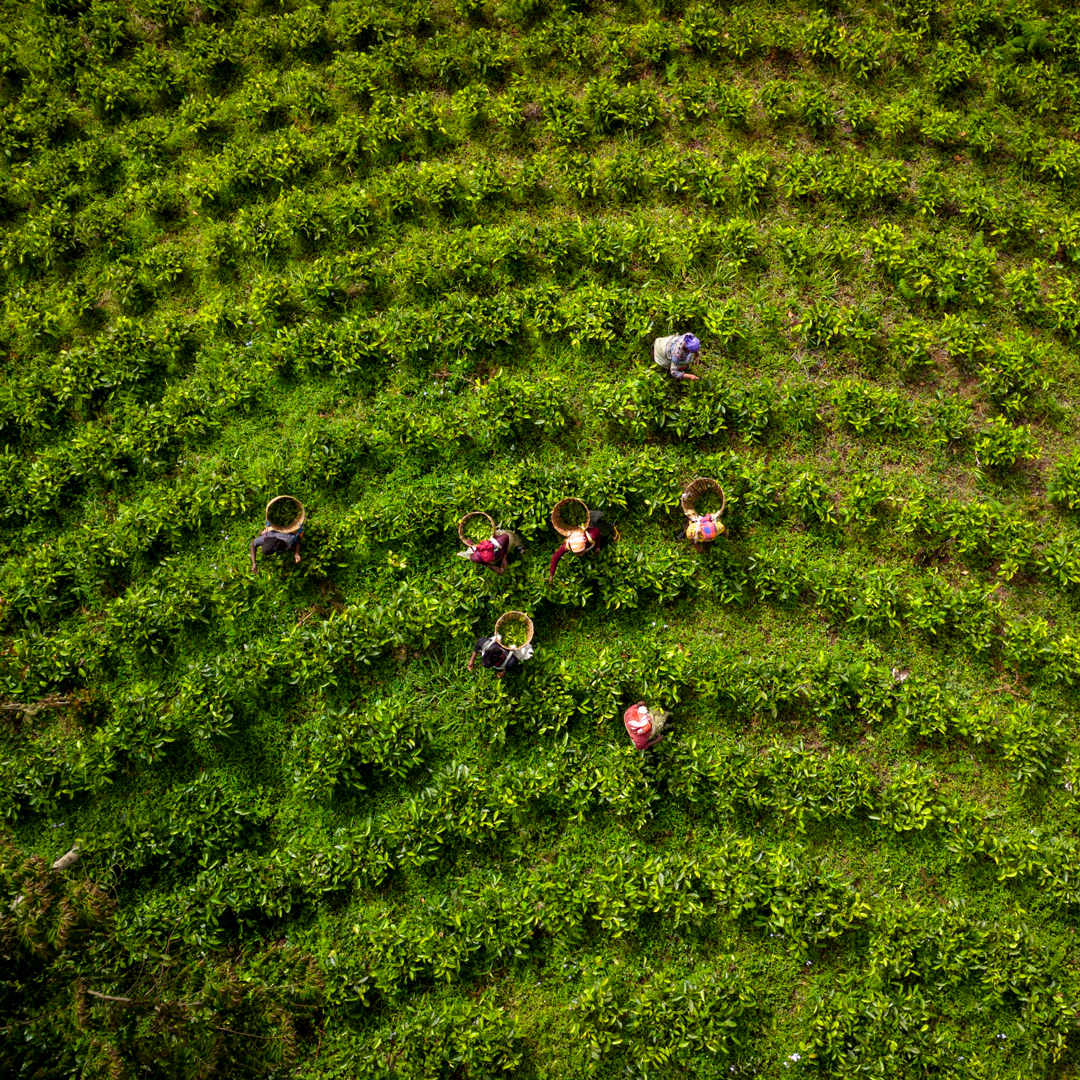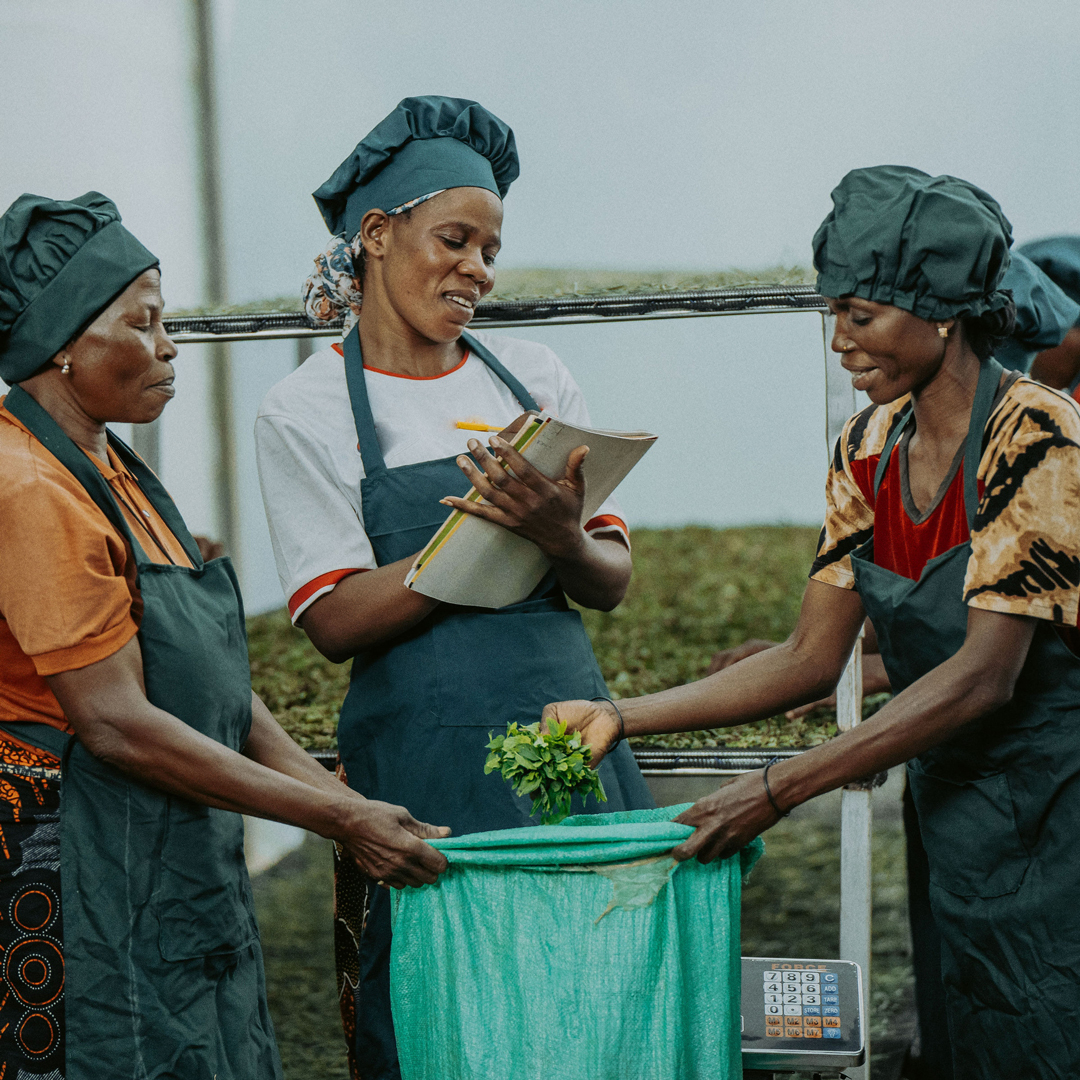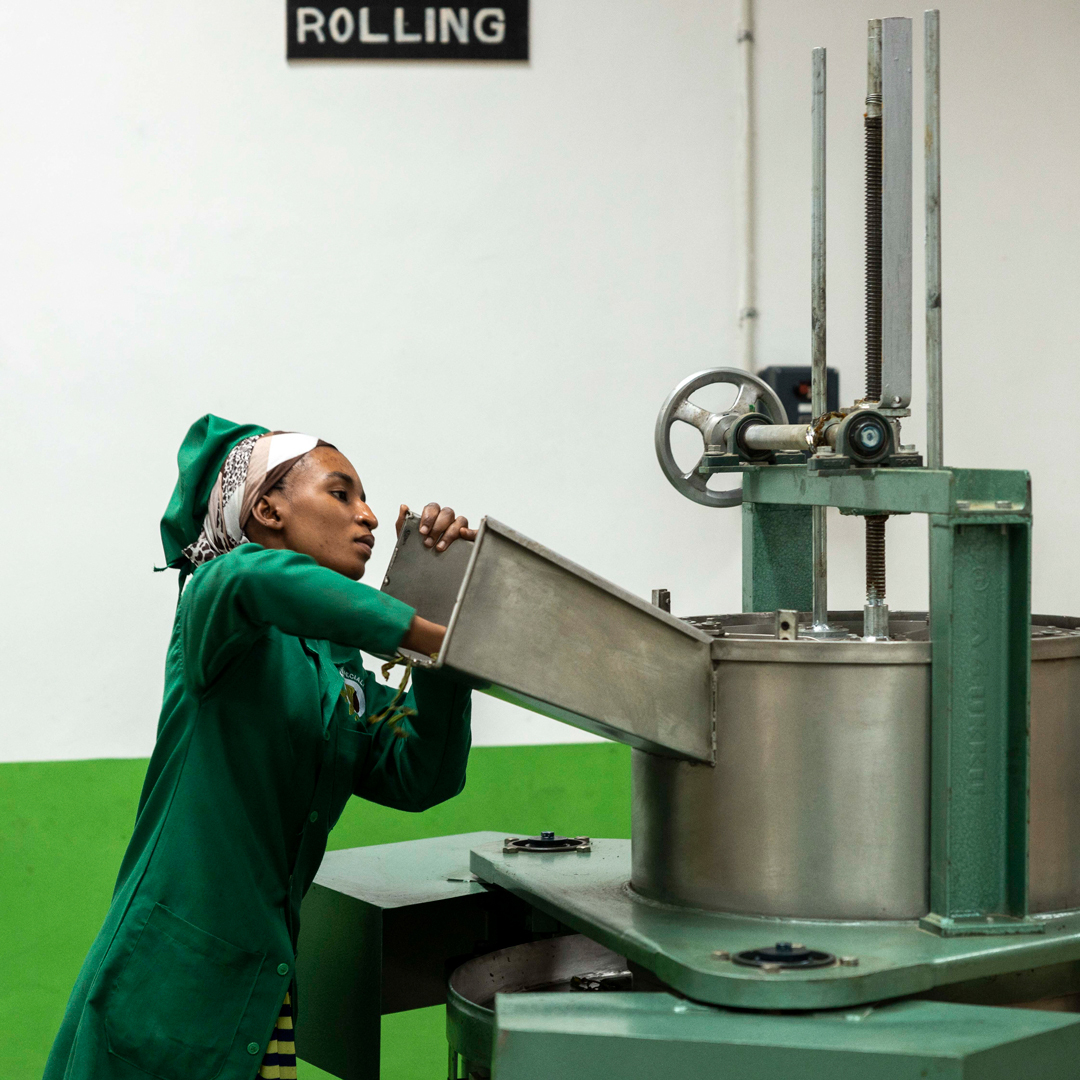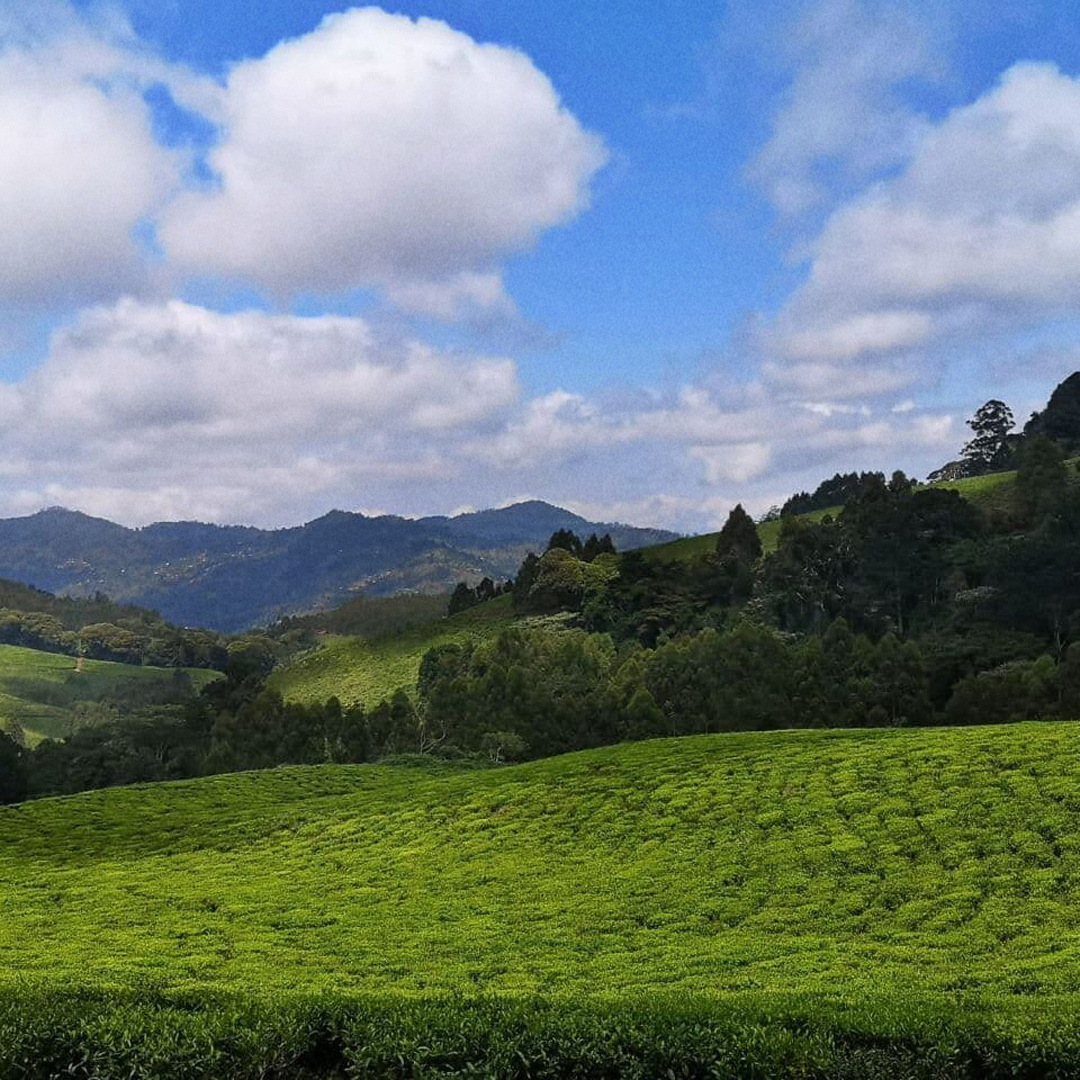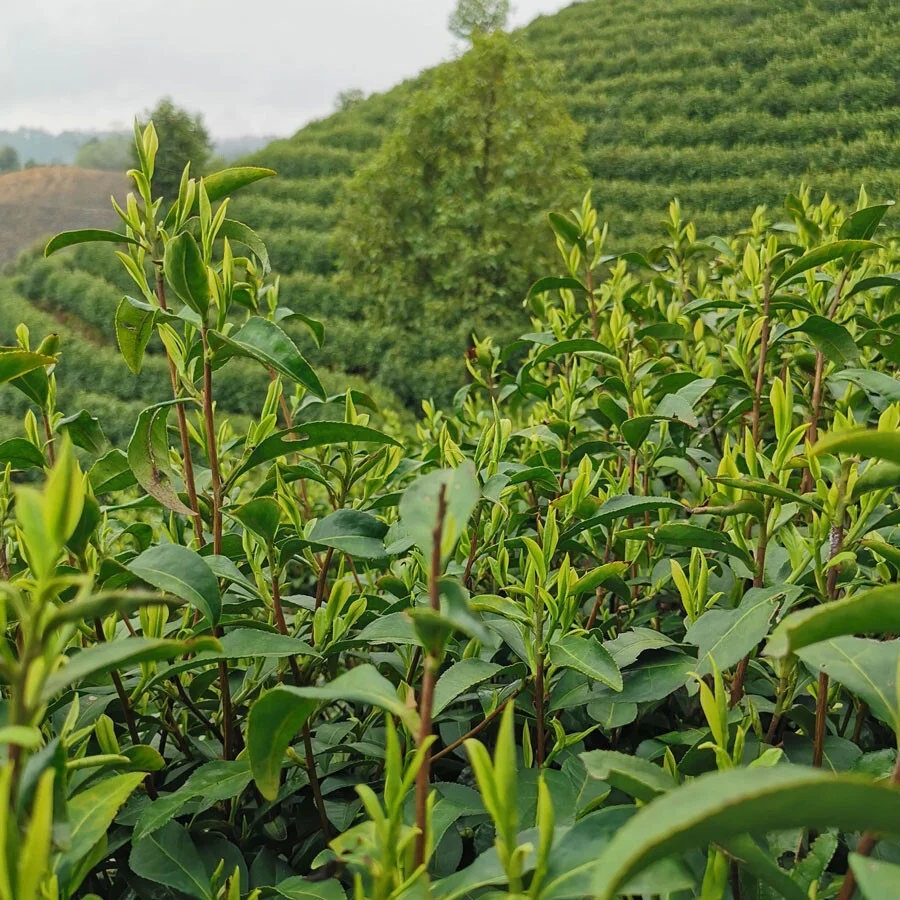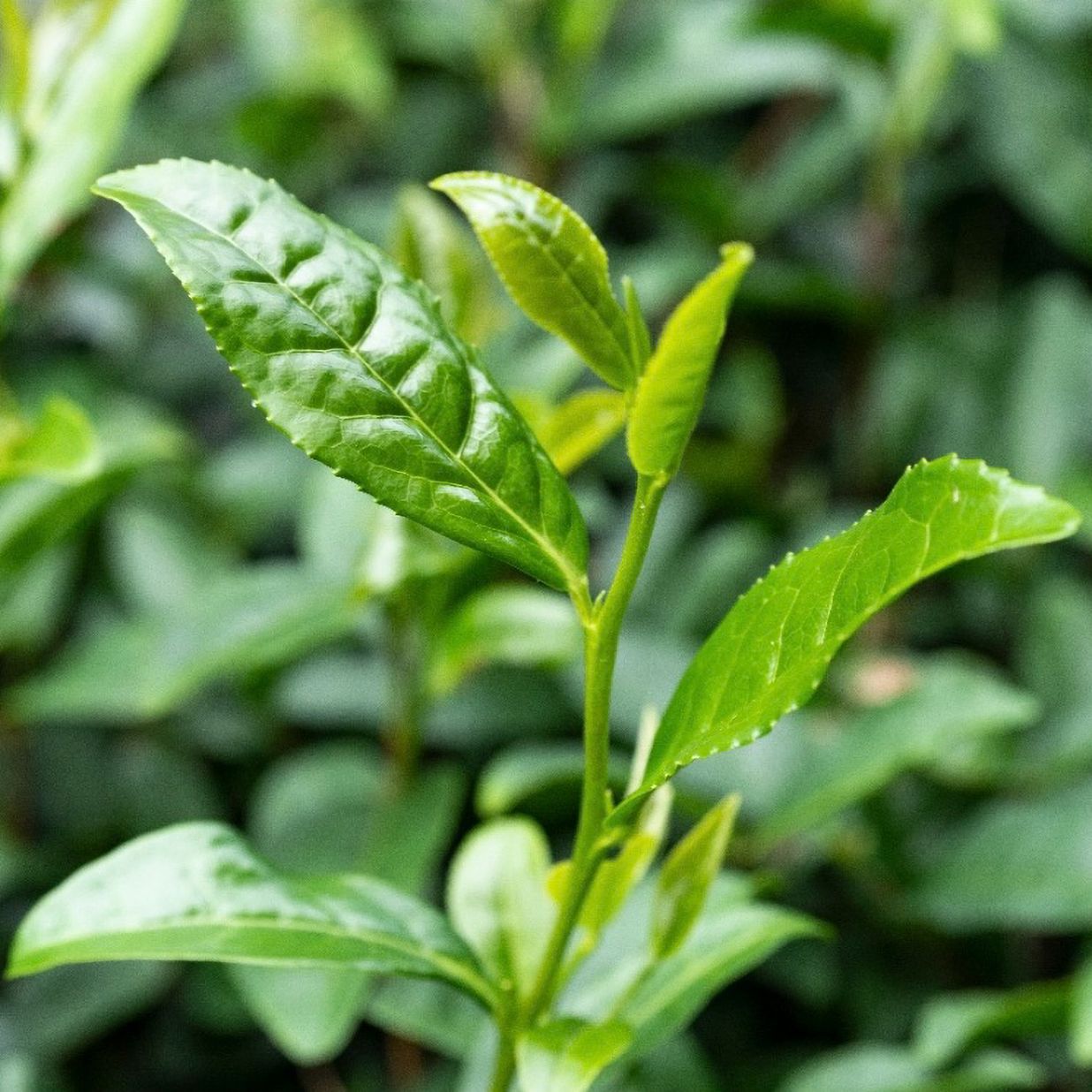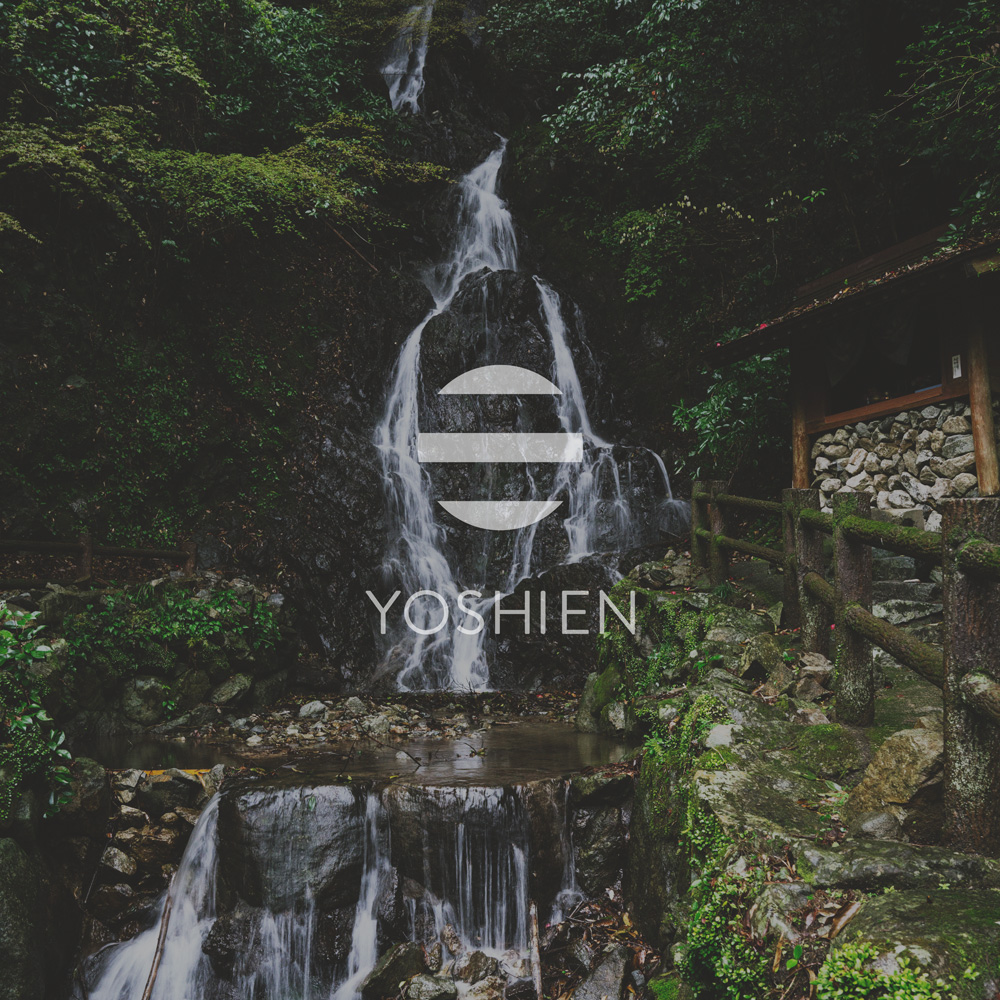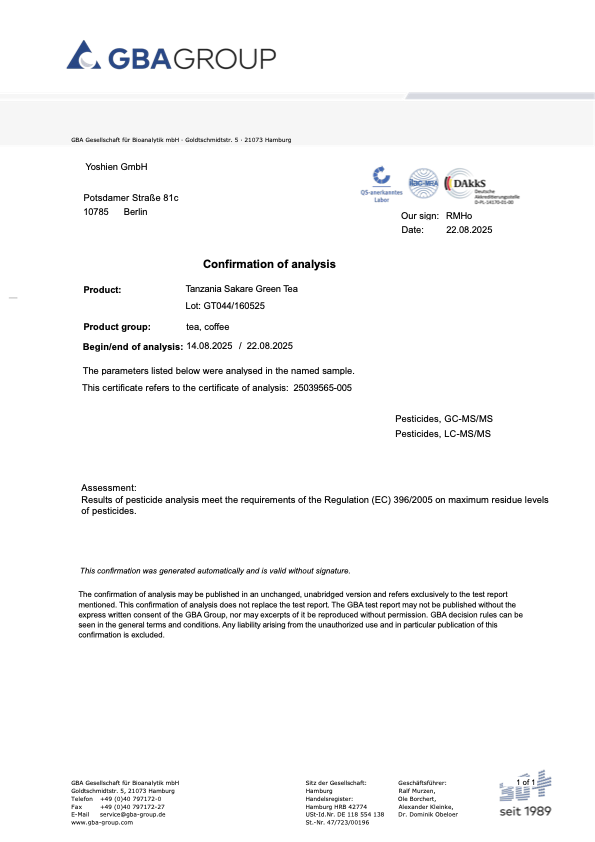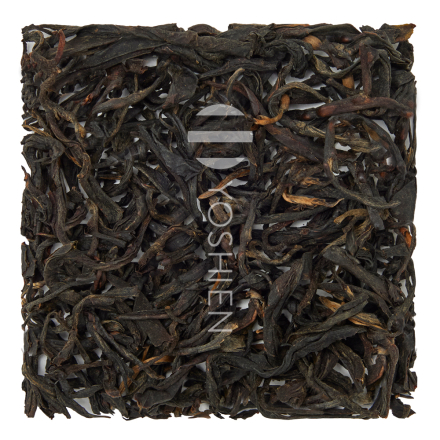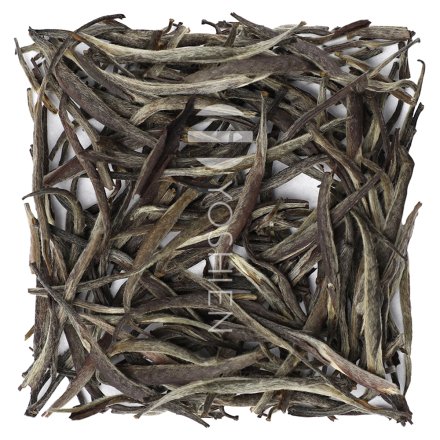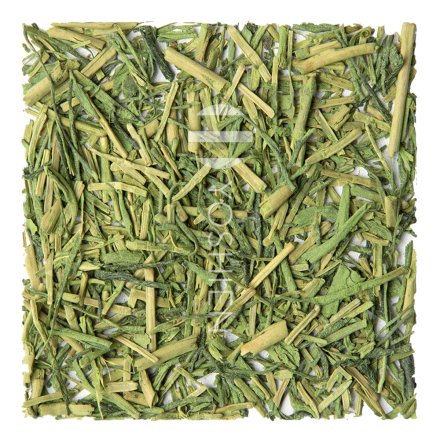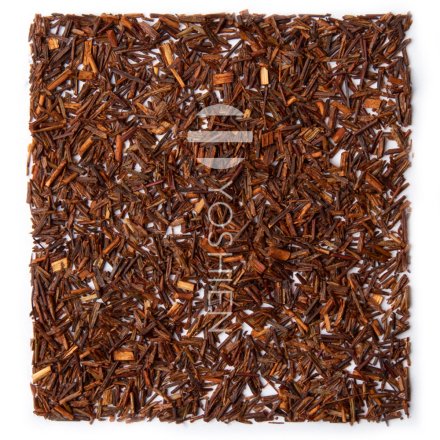Special features in location, cultivation & processing
The Usambara Mountains in Tanzania provide outstanding growing conditions for high-quality tea cultivation, with their unique combination of high altitude, a cool microclimate and rich biodiversity. Tea has been part of the region’s story since the early 1900s, when German settlers first introduced the plants. Yet despite this extraordinary terroir, tea production in Tanzania long remained focused almost entirely on CTC tea (crush, tear, curl) – an industrial method designed for large export volumes, mostly for teabags. These teas have traditionally commanded only low prices on the world market and are seen as less refined compared with the orthodox teas of Kenya, Malawi, or Rwanda.
Our partner farm is redefining this narrative. As Tanzania’s first regional, independent, and wholly women-led speciality tea producer, it is proving that orthodox, artisanal teas from the country can shine on the international stage. The farm’s teas achieve prices far above the average for Tanzanian CTC teas, setting a new benchmark for quality.
What makes the farm especially remarkable is that processing does not take place in large industrial facilities, but in a small orthodox manufactory, where women from the region are trained in the art of tea production.
The teas are processed according to classic orthodox methods. After being harvested by hand, the fresh leaves first undergo quality control. They are then briefly heated in cylindrical pans at high temperatures of around 180 °C to halt oxidation, followed by rolling and oven-drying.



